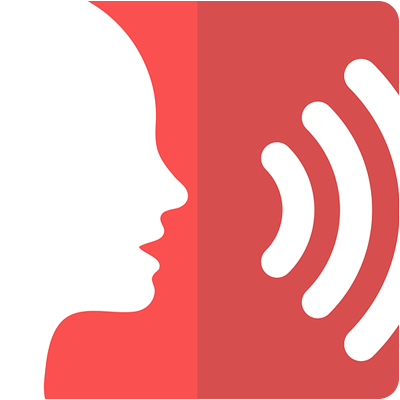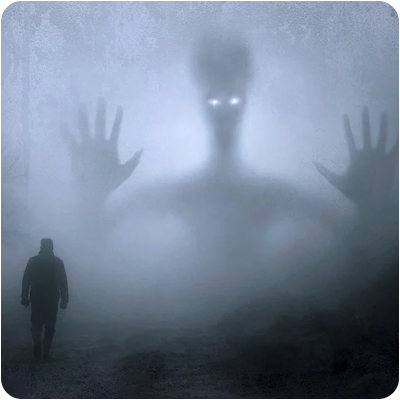Het arrangement 8.4 Your worst nightmare - kgt34 is gemaakt met Wikiwijs van Kennisnet. Wikiwijs is hét onderwijsplatform waar je leermiddelen zoekt, maakt en deelt.
- Auteur
- Laatst gewijzigd
- 11-05-2025 10:42:34
- Licentie
-
Dit lesmateriaal is gepubliceerd onder de Creative Commons Naamsvermelding-GelijkDelen 4.0 Internationale licentie. Dit houdt in dat je onder de voorwaarde van naamsvermelding en publicatie onder dezelfde licentie vrij bent om:
- het werk te delen - te kopiëren, te verspreiden en door te geven via elk medium of bestandsformaat
- het werk te bewerken - te remixen, te veranderen en afgeleide werken te maken
- voor alle doeleinden, inclusief commerciële doeleinden.
Meer informatie over de CC Naamsvermelding-GelijkDelen 4.0 Internationale licentie.
Aanvullende informatie over dit lesmateriaal
Van dit lesmateriaal is de volgende aanvullende informatie beschikbaar:
- Toelichting
- Deze les valt onder de arrangeerbare leerlijn van de Stercollecties voor Engels voor vmbo kgt, leerjaar 3 en 4. Dit is thema 8 'Dreams'. Het onderwerp van deze les is: Your worst nightmare. Deze les staat in het teken van nachtmerries of nare dromen en dutjes (naps). De onregelmatige werkwoorden in deze les zijn: to wear, to win en to write. In de grammaticaopdracht wordt de 'conditionals' behandeld.
- Leerniveau
- VMBO gemengde leerweg, 3; VMBO theoretische leerweg, 4; VMBO theoretische leerweg, 3; VMBO kaderberoepsgerichte leerweg, 4; VMBO gemengde leerweg, 4; VMBO kaderberoepsgerichte leerweg, 3;
- Leerinhoud en doelen
- Engels;
- Eindgebruiker
- leerling/student
- Moeilijkheidsgraad
- gemiddeld
- Studiebelasting
- 1 uur 40 minuten
- Trefwoorden
- (nare) dromen, arrangeerbaar, conditionals, dutjes (naps), engels, kgt34, nachtmerries, stercollectie, your worst nightmare
Gebruikte Wikiwijs Arrangementen
VO-content Engels. (2020).
8.1 Sleeping and dreaming - kgt34
https://maken.wikiwijs.nl/155599/8_1_Sleeping_and_dreaming___kgt34

 Het onderwerp van dit blokuur is nachtmerries.
Het onderwerp van dit blokuur is nachtmerries.











